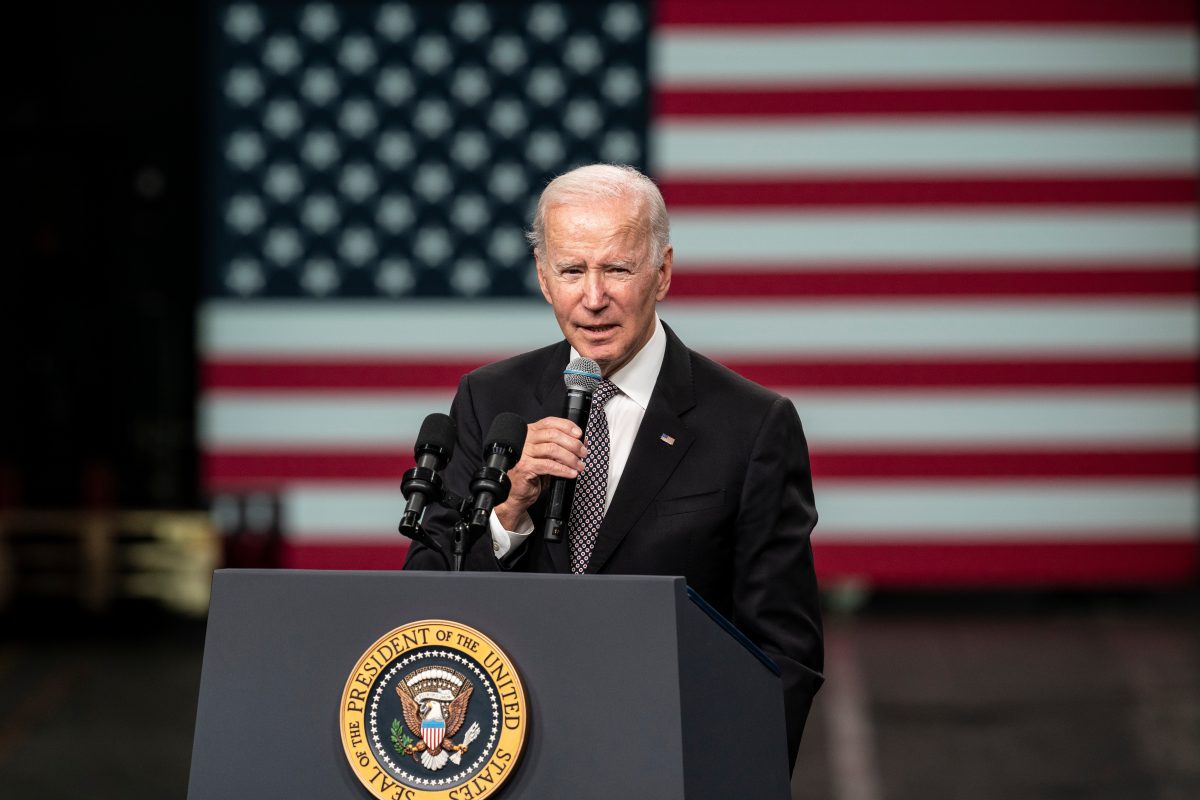In a historic move, President Joe Biden has announced his withdrawal from the presidential re-election race, bringing an end to his five-decade-long political career. With his departure, he has endorsed Vice President Kamala Harris as the Democratic nominee to succeed him.
What does Biden’s withdrawal mean for the 2024 election? Here’s our analysis of the potential market reactions and shifts following his announcement.
Will Biden’s Withdrawal Strengthen the Democrats’ Chances in November?
In recent weeks, financial markets have been increasingly factoring in a higher likelihood of Donald Trump securing a second term in November. This sentiment has been fuelled by Joe Biden’s poor performance in the recent debate and the failed assassination attempt last weekend. Many commentators now believe that with Biden out of the race, Kamala Harris will provide a stronger challenge to Donald Trump.
Who Will Take Over?
The longer-term market reaction will largely depend on who is perceived to have a better chance of winning the election and how this is priced in over the next few months. We will experience a few weeks of uncertainty, as the Democratic nominee will not be confirmed until the party’s national convention, scheduled to begin on August 19. Currently, Kamala Harris, Biden’s running mate, is the hot favourite, benefiting from his personal endorsement and the financial support initially raised for his campaign.
Biden’s Move Was Expected by the Market – But What Happens Now?
There had been growing calls for Joe Biden to step down, and his withdrawal has cast doubt on some of the ‘Trump Trade’ strategies. The initial market reaction has been relatively subdued: gold prices have risen, and there was a brief sell-off in major FX pairs, which has since largely reversed.
However, stronger reactions are expected once markets in London and New York open, and further US updates emerge. US stocks have been under pressure recently, exacerbated by a global cyber outage on Friday. Biden’s announcement has added fresh uncertainty, potentially pushing major indices lower. Investors will also be watching for earnings reports from Tesla and Alphabet this week, which could significantly influence the market.
What is the ‘Trump Trade’ and Its Future?
The ‘Trump Trade’ refers to market reactions anticipating a second term for Donald Trump, generally expecting looser fiscal policy, higher trade tariffs, and weaker regulations. Despite Trump’s recent comments about a lower dollar, these policies would typically lead to inflationary pressures, higher US yields, and a stronger dollar. If the Democrats are seen as strong contenders against Trump, expect increased market volatility and a potential unwinding of these moves. Conversely, if Trump continues to lead in the polls, volatility may decrease, and the ‘Trump Trade’ could gain momentum.





